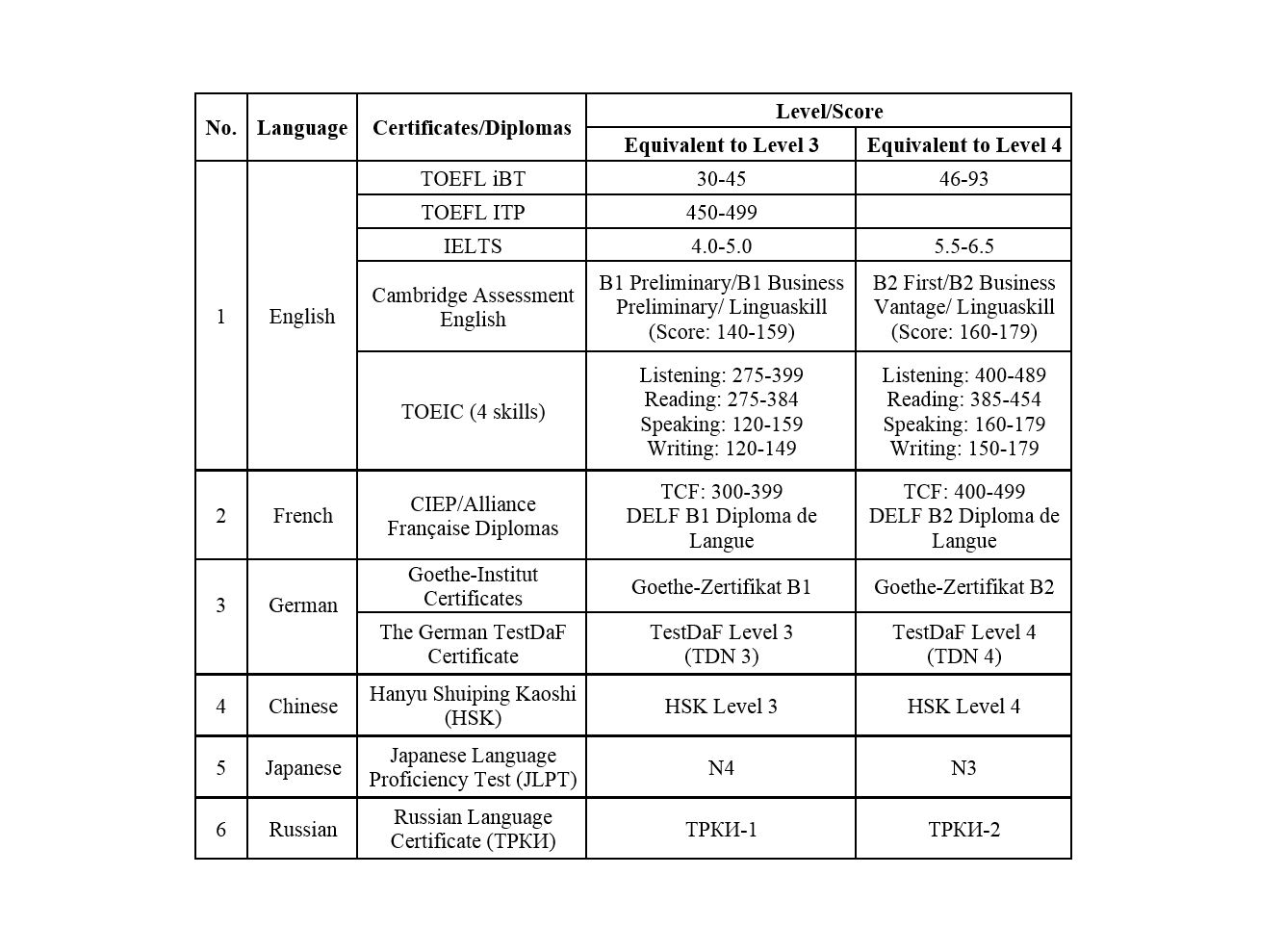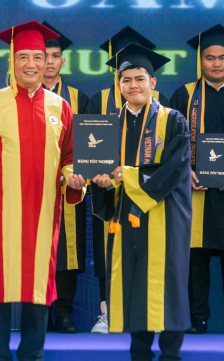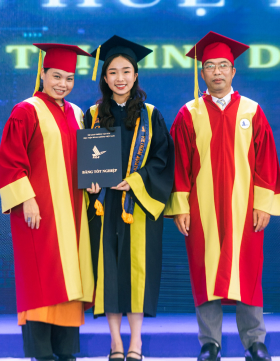
General Objectives
The Master's program in Telecommunications Engineering aims to develop highly skilled human resources with a strong foundation in relevant sciences and technologies.
Graduates will have the ability to conduct independent research in the future and contribute to national development and the global economy.
Apply specialized knowledge in telecommunications engineering, including calculation, simulation, and problem-solving in both the technical field and research related to telecommunications engineering.
Analyze and select specialized knowledge in electronics engineering and telecommunications engineering for calculating, designing, and operating applied electronic systems, information electronics, and telecommunications systems.
At the same time, analyze and select in-depth knowledge in electronics, communications, embedded systems, and IoT to calculate, design, and operate applied electronic systems, including smart electronic systems based on embedded systems and IoT platforms.
Effectively apply foreign language skills in communication and professional activities.
Apply information technology skills, combined with modern computer tools and programming languages, to efficiently solve technical problems.
Link knowledge blocks of basic sciences, foundational industry knowledge, and specialization in technical analysis, reasoning, and solving practical problems.
Apply professional skills in electronic design and experimentation to analyze and solve problems in telecommunication systems.
Demonstrate the ability to think comprehensively and think at a systems level.
Analyze and evaluate methods in the design of systems and electronic products, as well as technical solutions in the field of telecommunications engineering. Analyze and evaluate approaches in the design of systems and electronic products, along with technical solutions in embedded systems and IoT.
Compare and select technical solutions for the operation, usage, and exploitation of applied electronic systems and telecommunication systems. Compare and select technical solutions for the operation, usage, and exploitation of telecommunication systems and smart electronic systems based on embedded IoT platforms.

Adhere to professional ethics and responsibilities, maintaining discipline, industrial work ethic, and a commitment to continuous professional development.
Develop the habit of regularly updating knowledge, fostering a lifelong learning mindset and a strong sense of self-directed learning and research.

For the Master's degree program, a foreign language is required from one of the following six languages: English, French, Russian, German, Chinese, or Japanese.
- The Vietnam Aviation Academy uses the 6-level competency framework for foreign languages issued with Circular No. 01/2014/TT-BGDĐT on January 24, 2014, by the Minister of Education and Training as a reference basis to determine the foreign language output standards.
- The foreign language output standard for students in the Master's program must be at least equivalent to level 4/6 according to the Vietnam National Foreign Language Competency Framework (KNLNNVN) and must be within a validity period of 02 (two) years from the date of foreign language certification.
Diploma After Graduation
Master of Telecommunications Engineering



Training Program
Total: 60 credits
Training Program: Link
Website of the Faculty of Electrical and Electronics Engineering: https://feee-vaa.edu.vn/








